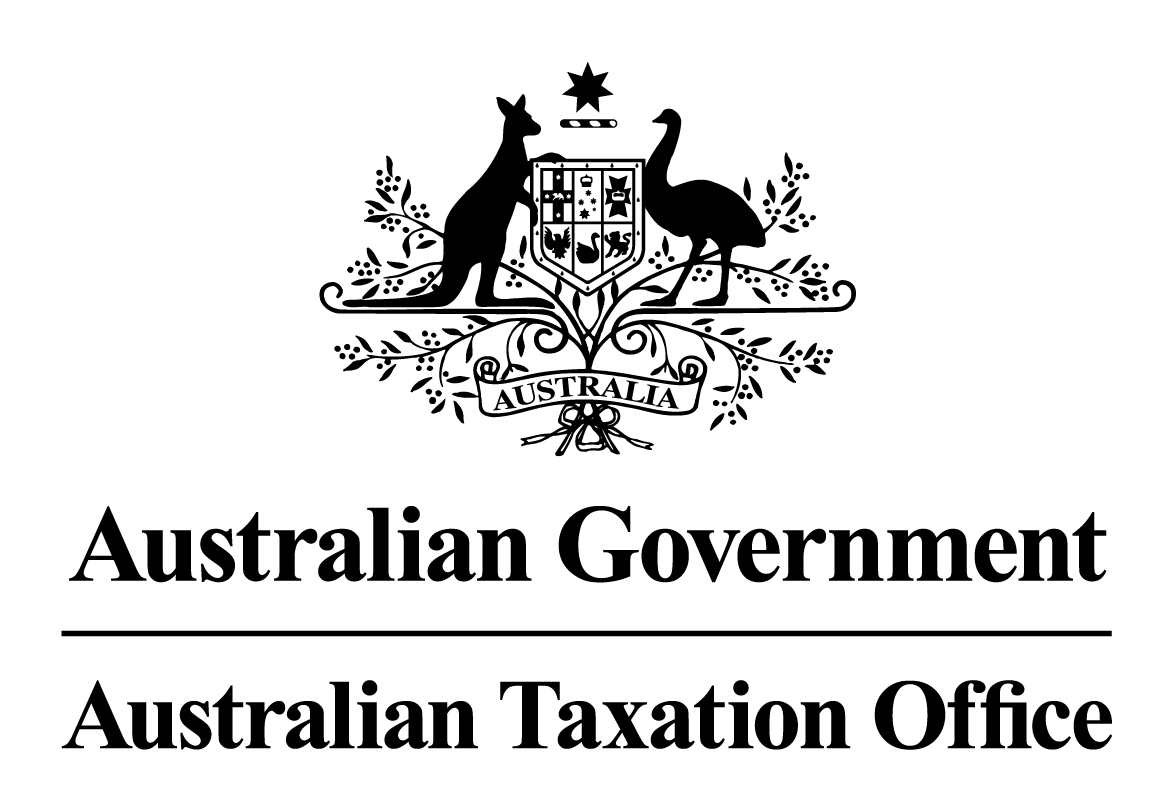The Ultimate Guide to Getting Your Tax Refund Faster in Australia
The Ultimate Guide to Getting Your Tax Refund Faster in Australia
Blog Article
Making Uses Of a Tax Return: Unlocking Potential Cost Savings and Making Certain a Larger Tax Obligation Reimbursement
The tax obligation return works as a crucial instrument for individuals looking for to maximize their monetary outcomes, providing numerous avenues for possible savings and boosted reimbursements. By leveraging debts and reductions, taxpayers can purposefully reduce their gross income and boost their overall financial standing. The intricacies of tax obligation policies and the ever-evolving landscape of tax regulation necessitate a detailed understanding of available options. What are the crucial methods that can be used to ensure that taxpayers exploit on these advantages? The solution may disclose greater than simply monetary gains.
Recognizing Tax Obligation Deductions
Many taxpayers might find themselves bewildered by the complexities of tax obligation deductions, yet understanding these essential parts is crucial for making best use of possible financial savings. Tax deductions reduce taxable revenue, therefore lowering the overall tax liability for people and companies. Familiarizing oneself with the various sorts of reductions readily available can significantly boost one's ability to enhance tax obligation returns.
Deductions can be categorized into itemized and standard reductions. The typical reduction supplies a set decrease in taxed earnings, while itemized reductions allow taxpayers to enumerate specific expenses, such as home loan interest, state taxes, and philanthropic contributions. Taxpayers should analyze which choice generates the biggest benefit, as picking the appropriate reduction technique can lead to considerable financial savings.
Additionally, it is very important to preserve precise records of insurance deductible costs throughout the tax year. This method not just facilitates the prep work of tax returns however likewise guarantees conformity with internal revenue service requirements. Taxpayers need to likewise remain informed concerning modifications in tax obligation legislations that may influence eligible reductions, as these can vary every year. By effectively going across the landscape of tax deductions, people can disclose the capacity for a more beneficial tax end result and secure greater financial advantages.
Checking Out Tax Credit Scores
Tax obligation credit ratings represent one more noteworthy avenue for taxpayers to decrease their total tax obligation, matching the benefits acquired from deductions. Unlike deductions, which lower gross income, tax credits provide a dollar-for-dollar decrease of the real tax obligation owed. This difference makes tax obligation credit scores especially valuable for people looking for to optimize their financial savings.
There are 2 major sorts of tax obligation credits: refundable and nonrefundable. Nonrefundable credit reports can minimize your tax responsibility to no but not listed below that amount, while refundable credit scores can cause a refund if the credit scores exceed the tax obligation owed. Examples of generally claimed tax obligation credit scores consist of the Earned Income Tax Obligation Credit Score (EITC), the Child Tax Obligation Credit score, and education-related credits like the American Chance Credit History.
Qualification requirements for these credit scores can vary significantly, often based upon revenue, submitting status, and certain circumstances. Taxpayers must extensively review the criteria connected with each credit rating to establish they declare all advantages for which they certify. By strategically utilizing offered tax credit scores, people can boost their tax returns, ultimately causing substantial cost savings irs federal refund and potentially larger refunds.

Spending Your Refund Wisely
Getting a Tax reimbursement can feel like an economic windfall, but just how that cash is utilized can exceptionally impact long-lasting financial health and wellness. As opposed to viewing your refund as non reusable income, consider it a possibility to buy your future.


One effective alternative is adding to a Private Retirement Account (IRA) This can boost your retired life savings while possibly producing tax advantages. Conversely, Click Here spending in a varied supply portfolio can offer significant development potential gradually, allowing your refund to work for you out there.
In addition, take into consideration using your reimbursement to pay down high-interest financial obligation, such as credit history card balances. Minimizing debt can enhance your economic standing and ease stress, eventually enabling you to allot even more funds towards financial investments in the future.
For those focused on education and learning, using your refund for a 529 college cost savings plan can aid protect a brighter future for on your own or your kids.
Preparation for Future Expenditures
Meticulously preparing for future costs is essential for preserving monetary stability and attaining lasting goals. A well-structured financial plan allows people to allot resources effectively, guaranteeing that upcoming costs do not disrupt their economic wellness. Income tax return can provide a useful structure for this preparation process.
Making use of the refund as a springboard, people can recognize and prioritize considerable future expenditures, such as home fixings, education expenses, or healthcare needs. Developing a budget plan that includes these anticipated expenses makes it possible for an aggressive strategy, decreasing the possibility of economic strain when the moment concerns resolve them.
Furthermore, reserving funds from your tax refund into devoted interest-bearing accounts can enhance the performance of your planning. Australian Tax return online. Consider developing an emergency fund especially for unexpected expenses, ensuring that you are planned for unanticipated scenarios without hindering your financial goals
Usual Mistakes to Prevent
Many people make essential mistakes when managing their tax obligation returns that can threaten their financial planning initiatives. Insufficient documents can lead to missed out on deductions, resulting in a reduced refund or higher tax obligation responsibility.
An additional frequent error is disregarding to review tax legislation adjustments. Tax policies can advance annually, and lack of knowledge of these adjustments might cause missed chances for tax credit scores or reductions. Furthermore, lots of taxpayers neglect eligible deductions, such as those for instructional prices or clinical expenditures.

Declaring tax obligations also very early or far too late can additionally be destructive. Early filers might miss out on last-minute tax breaks, while late filers risk fines and rate of interest.
In addition, not seeking expert assistance check my reference when essential can cause expensive errors. Tax specialists can offer valuable understandings, making certain conformity and maximizing possible savings.
Finally, rushing through the return can cause easy math errors or overlooked kinds. Making the effort to ascertain all access is vital for an effective income tax return end result.
Verdict
To sum up, the tactical application of income tax return functions as an essential system for taking full advantage of economic benefits. By thoroughly recognizing and applying credit histories and reductions, individuals can considerably lower taxable earnings and enhance refund amounts. Additionally, prudent investment of refunds and effective planning for future expenditures add to long-term economic security. Awareness of typical pitfalls can also enhance the tax obligation procedure, inevitably empowering taxpayers to take advantage of their returns for a much more safe and secure financial future.
Tax credits stand for one more remarkable opportunity for taxpayers to decrease their general tax responsibility, enhancing the advantages acquired from reductions. Unlike deductions, which lower taxed earnings, tax credit scores provide a dollar-for-dollar reduction of the actual tax obligation owed. Nonrefundable credit scores can decrease your tax obligation responsibility to no however not below that quantity, while refundable credit ratings can result in a reimbursement if the debts go beyond the tax obligation owed. Examples of commonly declared tax credit ratings consist of the Earned Earnings Tax Credit (EITC), the Youngster Tax Obligation Debt, and education-related debts like the American Possibility Debt.
Tax regulations can progress yearly, and ignorance of these adjustments might result in missed out on opportunities for tax credit scores or deductions. - Australian Tax return online
Report this page